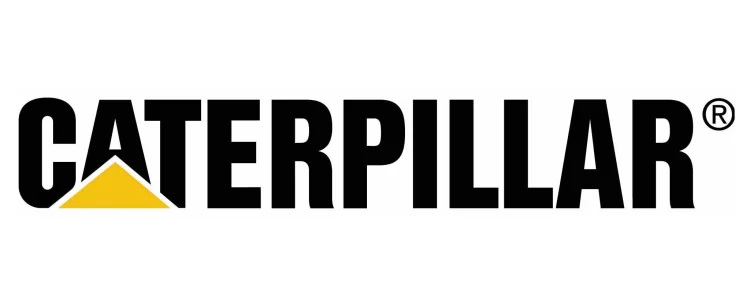Corporate Philanthropy is when the business decides to the promote welfare of the society in which they work and live. It is focused on treating people right, working for a cause to make changes for the betterment of the community. The organizations undertaking corporate philanthropy make donations to other organizations working for the development of the community or work directly by undertaking some initiatives. These donations could be in cash or by volunteering time or offering use of company’s facilities. The organizations usually have a separate team looking after this aspect. The company aims to create and achieve a positive social impact by supporting these beneficiary causes. The business has to utilize its resources and put them to use, so Continue reading
Business Ethics
Business ethics (also known as corporate ethics) is a form of applied ethics or professional ethics that examines ethical principles and moral or ethical problems that arise in a business environment. It applies to all aspects of business conduct and is relevant to the conduct of individuals and business organizations as a whole. Business ethics can be both a normative and a descriptive discipline. As a corporate practice and a career specialization, the field is primarily normative. In academia descriptive approaches are also taken. The range and quantity of business ethical issues reflects the degree to which business is perceived to be at odds with non-economic social values.
The Rise of Artificial Intelligence: A Critical Evaluation
Generally, when most hear the words artificial intelligence, the first thing that comes to mind is menacing robots. However, this is not accurate. Artificial intelligence is an imitation of human knowledge that is programmed in different machines, using algorithms, to simulate the thought process and actions of humans. The first concepts for AI started in the 1950s, where many mathematicians, scientists, and philosophers explored the possibility of machines that problem solved and made decisions like humans. Over the years, AI research has grown by leaps and bounds, and many programs created, are used daily. From virtual assistants like Siri to the use of autopilot on an aircraft, artificial intelligence is everywhere, even in education in the form of the AI essay Continue reading
Ethics of Whistleblowing in Business
Whistleblowing refers to the act of organization members, either former or current, disclosing information on illegal and unethical practices within the organization to parties internal or external to the organization, who can take action. It is becoming increasingly common as more and more employees speak out about their ethical concerns. It cannot be denied that whistleblowing is accompanied by a range of problems, for both the whistleblower and the organization. However, it can be argued that whistleblowing is an important and valid method of endeavoring to control possible unethical behavior by organizations, as well as helping to establish a level of social responsibility. For these reasons, it is important for society to maintain a level of support and encouragement towards Continue reading
Business Ethics Case Study: Caterpillar Tax Fraud Scandal
Accounting fraud is the manipulation of financial statements in order to benefit the business financially or to create a false appearance of financial health. In the situation of Caterpillar Inc. (CAT) – a manufacturer of heavy construction and mining equipment, diesel-electric locomotives, diesel, and natural gas engines, and industrial gas turbines – the payment of federal income taxes on their earnings was avoided to boost the company’s financial status, saving the company billions of dollars and keeping its stock price high. CAT, having more than 500 locations worldwide – including the Americas, Asia Pacific, Europe, Africa, and the Middle East – is vast in size and an economic standpoint, with sales and revenues of $53.9 billion in the year 2019. Continue reading
Green Productivity for Sustainability
With the start of the new millennium, the world has seen rapid change and change in the approach of the manufacturing industry with regards to sustainable development. Formerly, lone voices were urging a concern for the environment with a thought for sustainable development while improving business performance are now coalescing into a “movement”- new thinking and new ways of approaching old problems have made it perfectly possible to address these issues together, most effective when planned as part of a total review of the life-cycle of products and their manufacturing and delivery processes- and this movement being called Green Productivity. The global economy is coming under growing pressure to pay for the restoration of damaged environments. But this economic engine Continue reading
Digital Technology and Personal Privacy
Privacy includes several contexts for individuals. There are three aspects of individual expectations to define the term “privacy”. The first aspect is the expectation of anonymity, which was defined as “The Right to Be Let Alone”. Individuals would expect an environment where no one can access their personal information in no matter physical or digital world. Another one is the expectation of control over information. Individuals would expect that professionals and companies would only collect the customers’ information for the purpose of providing services and they would not use or disclose the information for other commercial purposes. And the third expectation is about the confidentiality of personal documents, including e-mails and medical records. Individuals would expect that they could feel Continue reading





